How to Get Rid of Acne on Face?
Causes and Remedies of Acne
| Estimated Reading Time: 13 minutes |
There is nothing quite like waking up with a new breakout to make you want to look up how to get rid of acne, quickly on the internet. Acne always appears to emerge when you least expect it: when you don't have the time or patience to wait out, its life cycle for a week and just want it to go away. But you can use ayurvedic face wash that is a natural remedy to get your acne-prone skin, everyone gets a big, red pimple on their face at some point, but that doesn't mean you have to accept defeat and wait for the blemish to go away.
It is a natural instinct to want to get rid of acne fast, whether you decide to take matters into your own hands and start picking (a horrible idea, which we'll go over in more depth below) or browse through Google for a cure-all spot treatment. However, there is a proper way to do so by using Ayurvedic face wash that will not have any side effects, as well as a number of typical blunders that specialists would advise you to avoid.

If you're seeking a way to make an acne flare-up, we've got you covered. Blue Nectar Shubhr Honey and Neem face cleanser is the best ayurvedic face wash which is the perfect antidote for acne, pimples & blackheads.
In this article, we'll go over exactly what to do if you have acne and need to get rid of it quickly. Continue reading to learn the Dos and Don'ts of reducing inflammation and healing inflamed skin right away.
What Is Acne?
Oil, germs, dead skin cells, and dirt can clog pores in your skin, causing them to become obstructed. You might get a pimple or a "zit" if this happens. You may have acne if this problem affects your skin on a regular basis.
Acne is a common skin disorder caused by blocked hair follicles beneath the skin. The breakouts usually appear on the face, although they can also arise on the back, chest, and shoulders.
Acne usually fades by the time people reach their thirties, but some people in their forties and fifties still suffer from the skin condition. Acne isn't a life-threatening condition, but it may be excruciatingly unpleasant, especially when it's severe. It can also induce mental anguish. Acne on the face can have a negative impact on your self-esteem and, over time, can lead to irreversible scars.but for skin types like combination, oily or dry skin, it can be easier to choose ayurvedic face wash that consist the goodness of natural herbs and has no side effects.
There are a variety of acne treatments that can help you reduce the number of pimples you get as well as the likelihood of scarring.
What Causes Acne and how you can prevent it by using Ayurvedic face wash?
According to the American Academy of Dermatology, acne affects up to 50 million Americans each year. Is it true, however, that hormones and carbohydrate-rich meals create acne's most visible sign — pimples?
The oil produced by hair follicles, known as sebum, limits the amount of water that enters our skin. When too much sebum is created, it feeds a bacterium called Propionibacterium acnes that lives on your skin, prompting your immune system to send blood and white blood cells to the area. A pimple forms when the follicle becomes clogged. Carbohydrate-rich diets are also suggested to contribute to acne because they boost a chemical in your body called insulin-like growth factor 1, which increases sebum production. Regular use of Pimple Face wash can get rid of the acne.

1. Hormonal Influences
Acne is caused by a variety of reasons, but the most common is an increase in androgen levels. Androgen is a hormone whose levels increase as adolescence progresses. It is converted into estrogen in women.
The oil glands beneath the skin expand when androgen levels rise. More sebum is produced by the larger gland. Excess sebum can cause bacteria to proliferate by breaking down cellular membranes in the pores. Both puberty and menstruation induce considerable hormonal changes in teenagers, making them great candidates for acne and leading many women to break out around their period.
2. Pimples and Sebaceous Glands
Sebaceous glands are small skin glands that generate sebum, a waxy or oily lubricant for the skin and hair. Except for the palms of our hands and the soles of our feet, sebaceous glands are found inside the pores of our skin all over the body. The face and scalp have more sebaceous glands than the rest of the body.
New skin cells are constantly proliferating and the outer layers of skin are shed as the glands create sebum inside the pores. Dead skin cells are not always shed. They stay in the pores and get glued together due to the sticky sebum, resulting in a pore blockage. Because the sebaceous glands create more sebum throughout puberty, pore obstruction is more common. That’s how pimple start forming.
3. The Contribution of Genes
Why does it appear that some people are simply born with flawless skin? Your skin's state is mostly determined by your genes. You can truly inherit a genetic characteristic that causes you to overproduce dead skin cells and then poorly remove them, increasing your chances of developing acne. There's little you can do about your genes, but looking at your parents' skin can help you figure out what type of skin you have.
4. Bacterial Infections
When sebum and dead skin cells build up and plug a pore, it supports the growth of bacteria that cause acne, such as Propionibacterium acnes (P. acnes), a sluggish bacterium linked to acne.
Propionibacterium acnes is found on our skin in a harmless state, but when the conditions are right, it can multiply quickly and become a problem. The slow-growing bacteria feeds on sebum and produces a substance that stimulates the immune system. Inflammation and patches appear on the skin as a result of this. Pimples are not communicable, despite the fact that they are caused by bacterial infection. Pimples cannot be passed from one person to another. You can prevent them by using natural product like Ayurvedic face wash that will not only help in preventing of acne but also leaves your skin pimple free.
What Are the Factors That Contribute to Acne?
Acne may appear to be a capricious creature, appearing and disappearing at will and with no rhyme or reason. However, as we develop deeper, we discover that acne is caused by a number of causes.

1. More Sleep and Less Stress
While late nights may not directly cause acne, a lack of downtime can certainly play a role. Hormones can overproduce skin cells and oil as a result of lack of sleep, blocking pores and producing pimples. If you're continuously anxious, the fact that the body's response to a lack of sleep is comparable to how it reacts to anxiety - stress hormones stimulate oil production – is a good reason to unwind.
2. The Love-Hate Relationship of Makeup and Acne
Unfortunately, makeup can block pores and prevent the skin from breathing, which can lead to acne. We do ourselves no favours by concealing these blemishes with heavy concealers and cosmetics, which exacerbates the irritation. But it doesn't mean you have to show your face to the world without any makeup. To keep your pores clear, search for makeup that is non comedogenic (non-pore clogging), as well as oil-free or mineral-based cosmetics.
3. Sugar, Refined Carbs, And Dairy
There's good news if you're thinking of cutting less on chocolate bars to help with your breakouts. Contrary to popular opinion, there does not appear to be a link between chocolate and acne. Instead, three more factors can be identified: sugar, processed carbs, and dairy products. All of these things might produce an increase in your insulin level, leading your oil glands to go into overdrive.
4. It Isn't Always True That Cleaner Is Better
If you discover a pimple on the verge of bursting, your first reaction could be to scrub your face with a variety of cleansers in the hopes of killing it. The importance of gentle washing, on the other hand, cannot be overstated. Excessive washing can dry up your skin, aggravating acne and prompting your body to respond by creating more oil.
5. Stress
Stress is another significant cause of acne outbreak. Because the sebaceous glands in your skin include stress hormone receptors, when you're stressed, your sebaceous glands create more sebum, which can contribute to breakouts.
6. Too Much Sun Isn't Always Beneficial
Always wear sunscreen if you're a sun pursuer. Always. Not only can the sun's rays speed up the ageing process and increase wrinkles and pigmentation, but too much sun exposure can also create a tan or burn, which causes the skin to shed more cells. These can accumulate, clogging pores and causing outbreaks. Furthermore, the sun can deepen the black areas that healed blemishes frequently leave behind, making them take much longer to fade away completely.
How to Prevent Acne?
While acne does not pose a substantial health risk, it is distressing emotionally and socially. Acne can cause a loss of self-confidence, which can influence your social life and even your work productivity. The key to keeping acne under control is to learn how to prevent breakouts, before they occur or by using ayurvedic face wash (like pimple face wash) to keep you skin glowing and acne free. .
1. Keep Your Face Clean by using Ayurvedic Face Wash
It's critical to wash your face as part of your regular skin care routine to remove debris, sweat, and excess oil. However, if you wash your face too often or with the wrong cleanser, you risk exacerbating your acne. Wash your face once or twice a day using an alcohol-free face wash like Blue Nectar pimple face wash to get clear skin that has the power of Neem and Vitamin C, thus making it perfect for skin. This lowers inflammation and kills the germs that cause acne. Also, make sure to remove all makeup and grime to avoid clogging your pores.

2. Scrubbing with a Washcloth Isn't Necessary
Instead of rubbing your skin dry, clean it with your hands and pat it dry with a clean towel. Scrubbing can actually make your acne worse.
3. Brushes That Exfoliate the Skin Should Be Avoided
While advertising highlights the benefits of these brushes, if you have acne, stay away from them. According to research, they may aggravate acne. This is because exfoliation increases inflammation, which leads to additional acne blemishes. All acne treatments seek to prevent inflammation and minimize outbreaks before they occur.
4. Makeup That Is Acne-Friendly Should Be Used
You may be tempted to disguise a fresh pimple on your face with cosmetics, but this is one of the worst things you can do. Too much makeup, or certain types of makeup, can clog pores and cause outbreaks.
This isn't to say you shouldn't wear makeup, but you should be cautious about the things you select and how you apply them. Instead of using a heavy foundation, use a tinted moisturizer like Kumkumadi cream or a light application of powder foundation. To get the desired appearance, avoid greasy formulas and use as little makeup as possible.
When shopping for makeup, seek for items that are non-comedogenic (meaning they aren't designed to clog pores) and free of harsh chemicals and smells.

5. Maintain Your Skin's Hydration
When you're dealing with an acne outbreak, the last thing on your mind is to add extra moisture to your skin. Dry skin, on the other hand, over-activates your oil glands, resulting in breakouts, as you've already learnt. What is the solution? Keeping your skin hydrated is essential.
But, in order to avoid breakouts, what is the best technique to keep your skin moisturized?
Water, fat, and other components make up your skin, which serves as a protective barrier. The sebaceous glands create more oil as the skin loses moisture, which lies on the surface and clogs your pores. To keep your skin naturally hydrated and acne-free, look for a moisturizer like kumkumadi cream that blends oil and water.
6. Wash Your Pillowcase on A Regular Basis
If you spend a lot of money on skincare products each month, you could be wasting money if you don't wash your pillowcase frequently enough. Because you sleep for up to a third of your life, all of the dirt, sweat, hair products, and makeup on your face permeates into your pillow—especially if you don't cleanse your face before bed.
When you sleep on a dirty pillowcase, you're sleeping in all of that debris, which isn't good for your skin. In addition to washing your face every night with Ayurvedic face wash before bed, you should wash or replace your pillowcase once a week. If you have oily skin, you should do it more frequently and ensure that your pillowcase is clean and oil-free.
7. Keep Your Hands Away from Your Face
Even if you wash your hands frequently, your fingers are still a breeding ground for a variety of germs and bacteria that can be transferred to your skin if you touch your face. Dirt and oils are transferred every time your fingers touch your face. It's a difficult habit to break, but it's crucial.
Squeezing or popping pimples may feel good at the time, but it can actually increase inflammation and make the problem worse. Popping up pimples can cause scarring and pitting, which can be irreversible.
How to Care for Acne Prone Skin?
Acne-prone skin needs more than merely slathering on blemish-fighting creams. It can also entail modifications in one's lifestyle, the first of which is frequently a new and improved skin care routine. To avoid blocking your pores and making your skin too greasy, follow these steps:
- Use a moderate, non-drying soap or face wash to gently cleanse your skin. The improper soap or face cleanser can cause skin irritation, making acne worse or making it difficult to utilize effective acne treatments, which are often drying. A decent acne cleanser like Ayurvedic face wash will effectively remove surface oils and makeup without causing discomfort.
- If your skin is greasy and acne-prone, a wash containing salicylic acid or benzoyl may be beneficial. or if you want to opt for natural, then you can go for Blue Nectar Pimple face wash that remove dirt or make-up from your face before going to sleep.
- Wash your hands once or twice a day, as well as after you exercise. Scrubbing and repetitive skin cleaning should be avoided.
- If your hair is oily, use natural shampoo it everyday. Acne is caused by clogged pores caused by excess sebum (oil) and dead skin cells. Shampooing your hair can aid in the removal of oil accumulation and the prevention of acne breakouts.
- Avoid using toners that are drying to the skin, such as rubbing alcohol. These toners can widen pores and exacerbate greasiness in the long run. Toners containing ethanol can be drying to sensitive skin, so keep that in mind as well. Instead, start using natural Rose face tonic that is gentle to skin and cause no harm.
- Oil-based cosmetics should be avoided. Because cosmetics are products that stay on the skin all day, we recommend that acne-prone skin types look for oil-free and noncomedogenic formulas that don't clog pores.
A small quantity of sun exposure can help with acne. Overexposure to the sun or tanning booths, on the other hand, raises the risk of skin cancer. Some acne medications may make your skin more sun sensitive. If you're taking these medications, wear sunscreen body lotion with SPF30 and a hat on a regular basis.
There is no consistent evidence that chocolate, milk, high-fat foods, or sweetened foods should be avoided. It is, however, a good idea to avoid any of these foods if you find that consuming them makes your acne worse.
The Bottom Line
While appearances aren't everything, your skin is a vital component of the face you show the world—literally. Even if we are conscious of some of the more common causes of acne and take the appropriate steps to avoid them, some of us still wake up with zits on our faces. Unfortunately, some of the variables that make us more prone to blemishes are beyond our control, but that doesn't mean we can't do anything to enhance our skin's condition.
If none of these methods work, you should consult a dermatologist or healthcare practitioner, who can help you choose an acne treatment that is right for you.
Recommended Products by Blue Nectar:
Shubhr Honey & Neem Acne Clear Face Cleanser
Shubhr Radiance Honey Face wash with 15% Real Honey
Shubhr Anti Aging Saffron Cream for Natural Collagen Boost & Deep Moisturization (Women)
Shubhr Steam Distilled Rose Toner Water & Face Tonic Mist


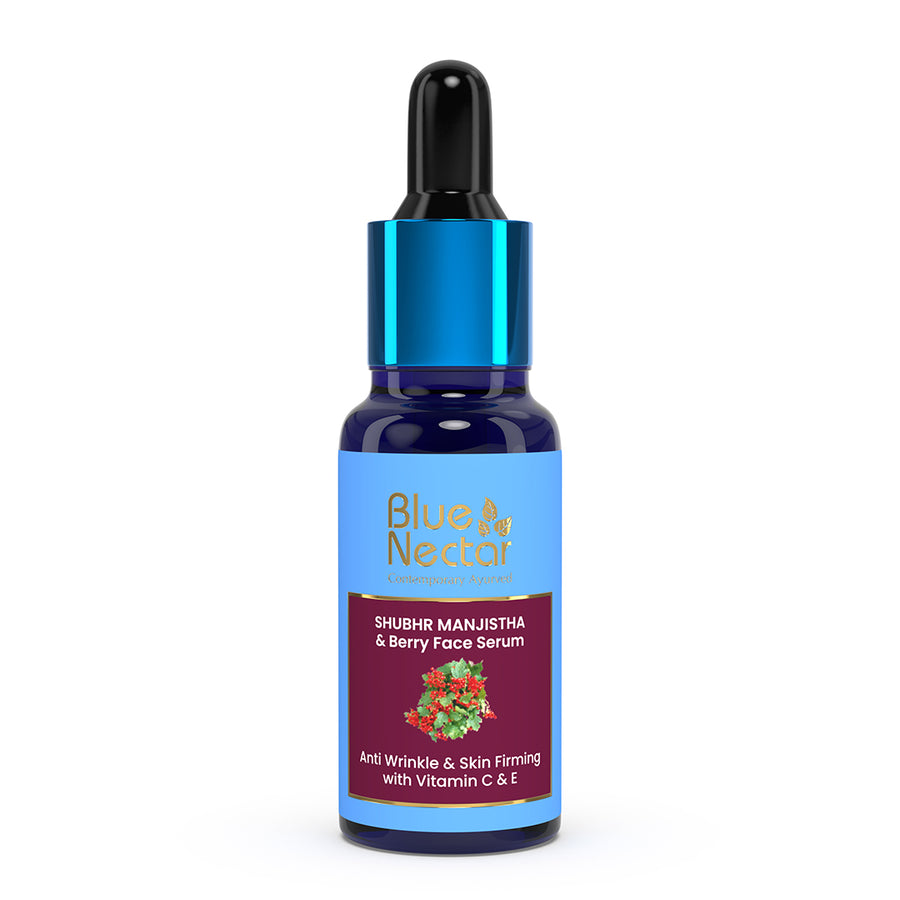
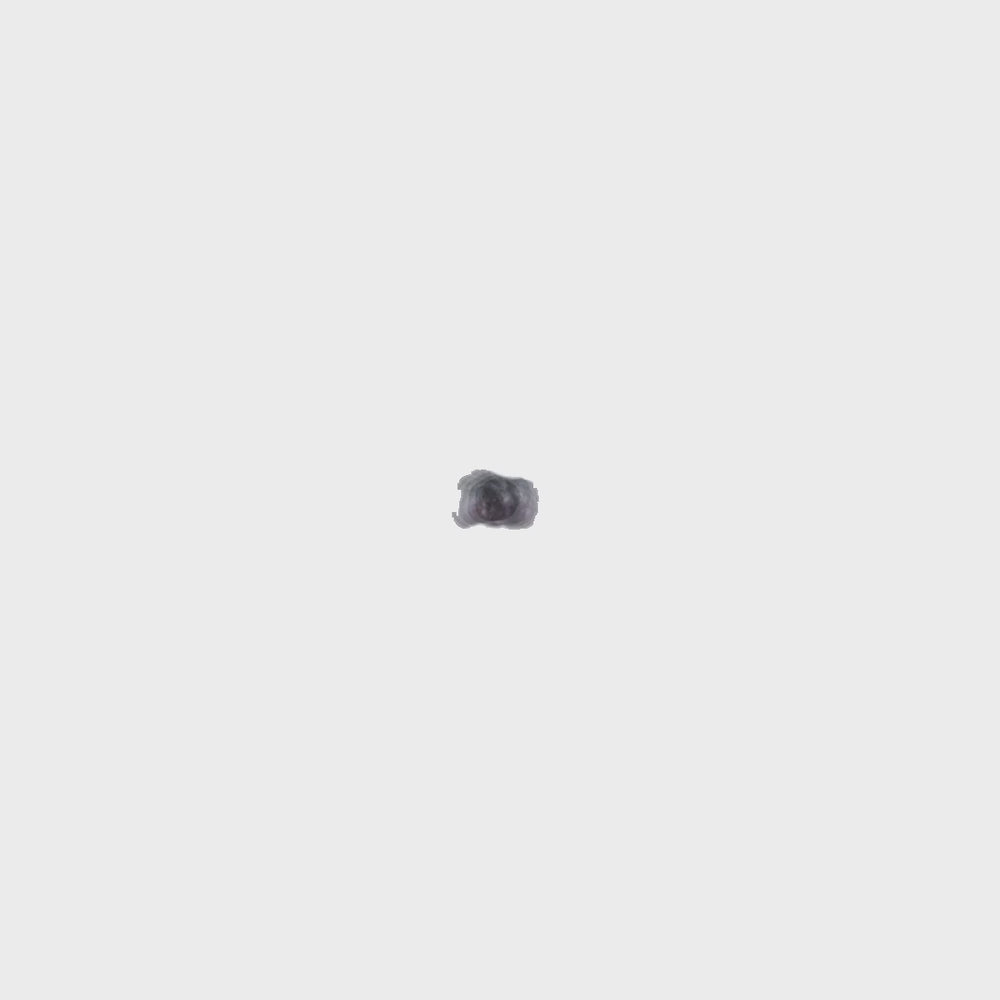
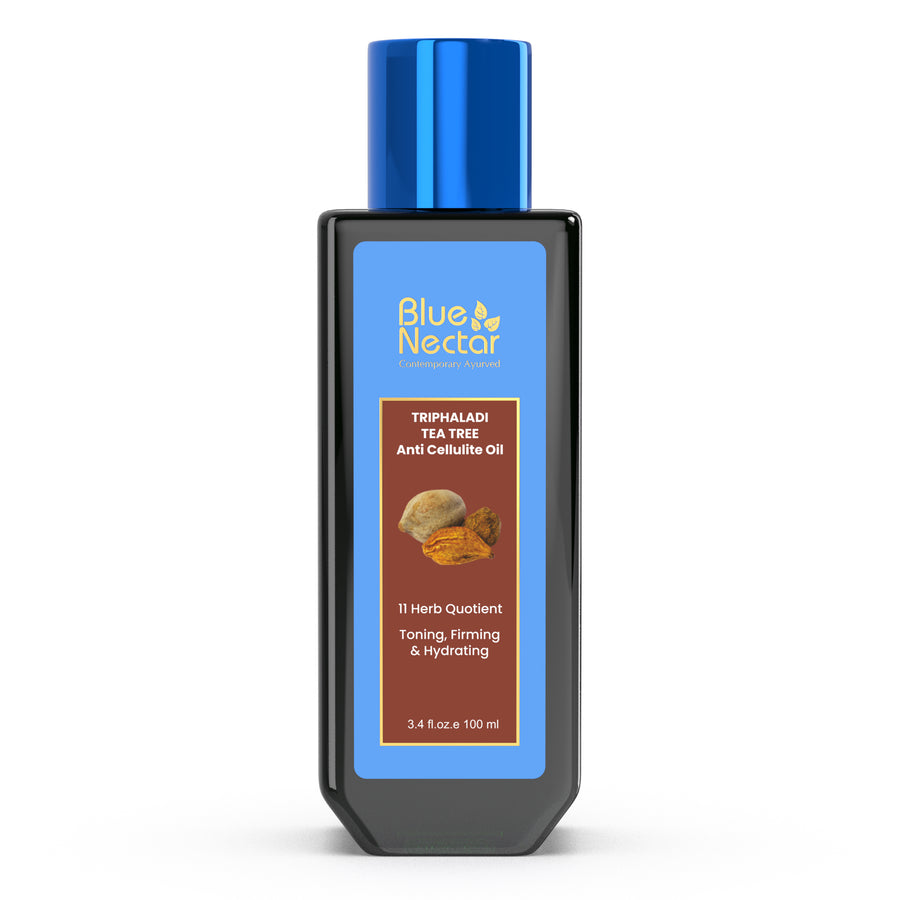
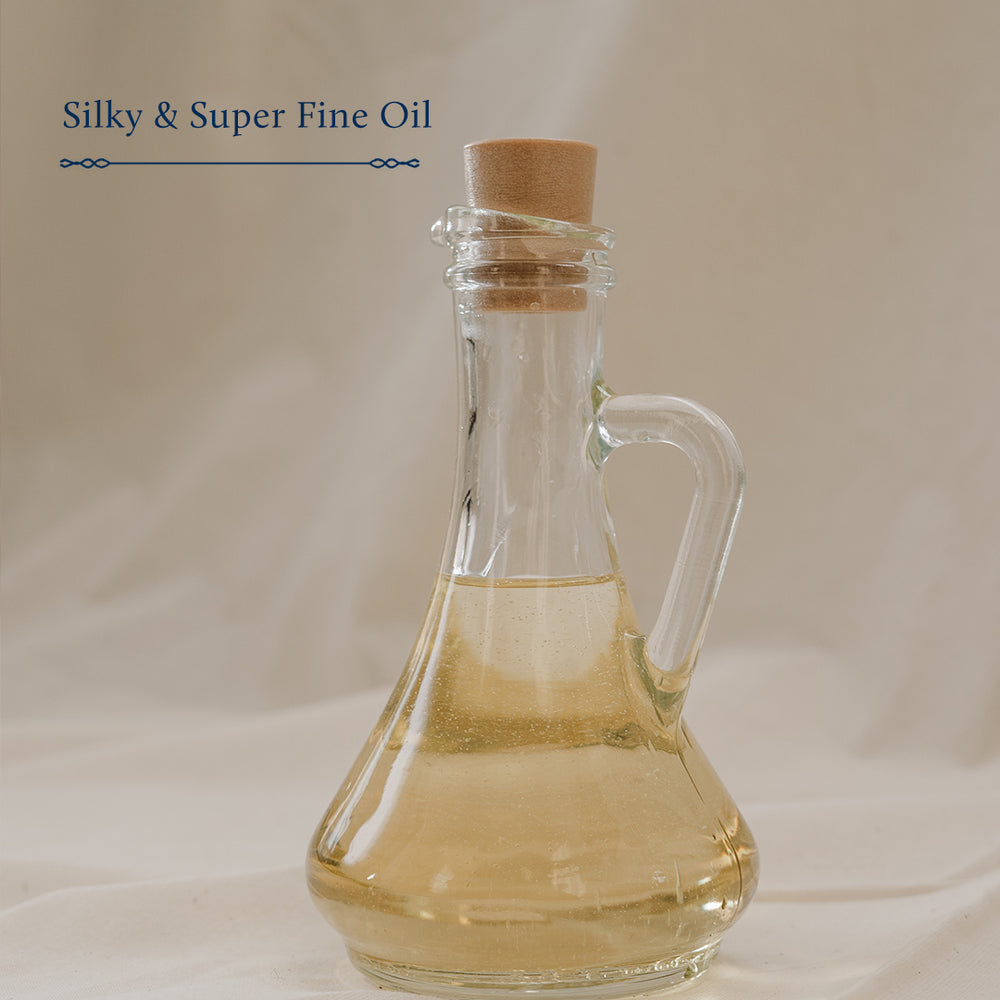
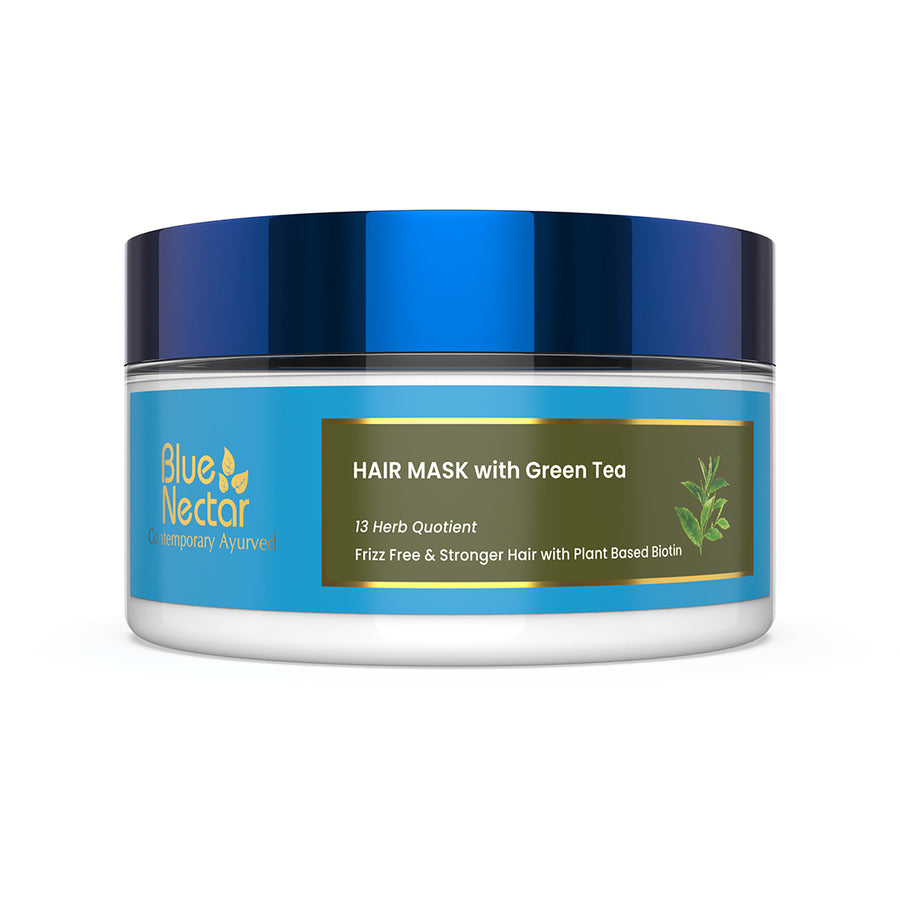
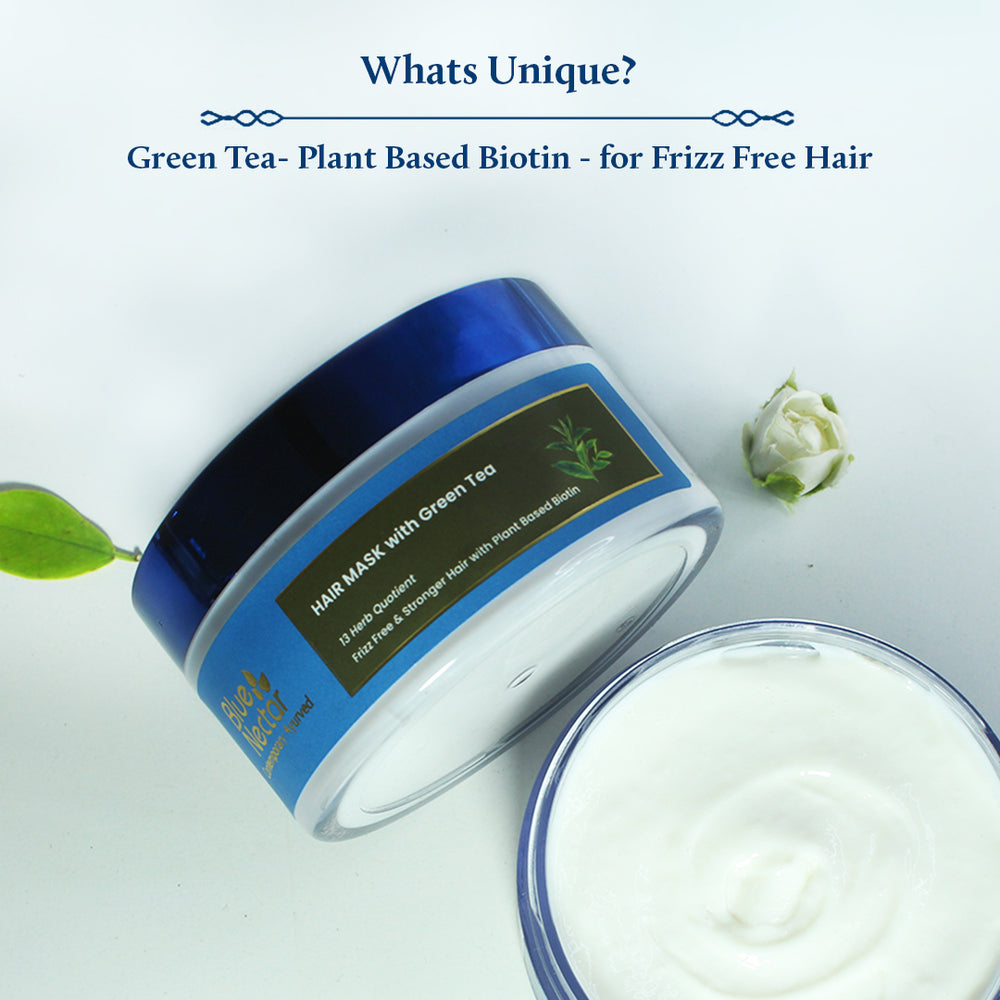


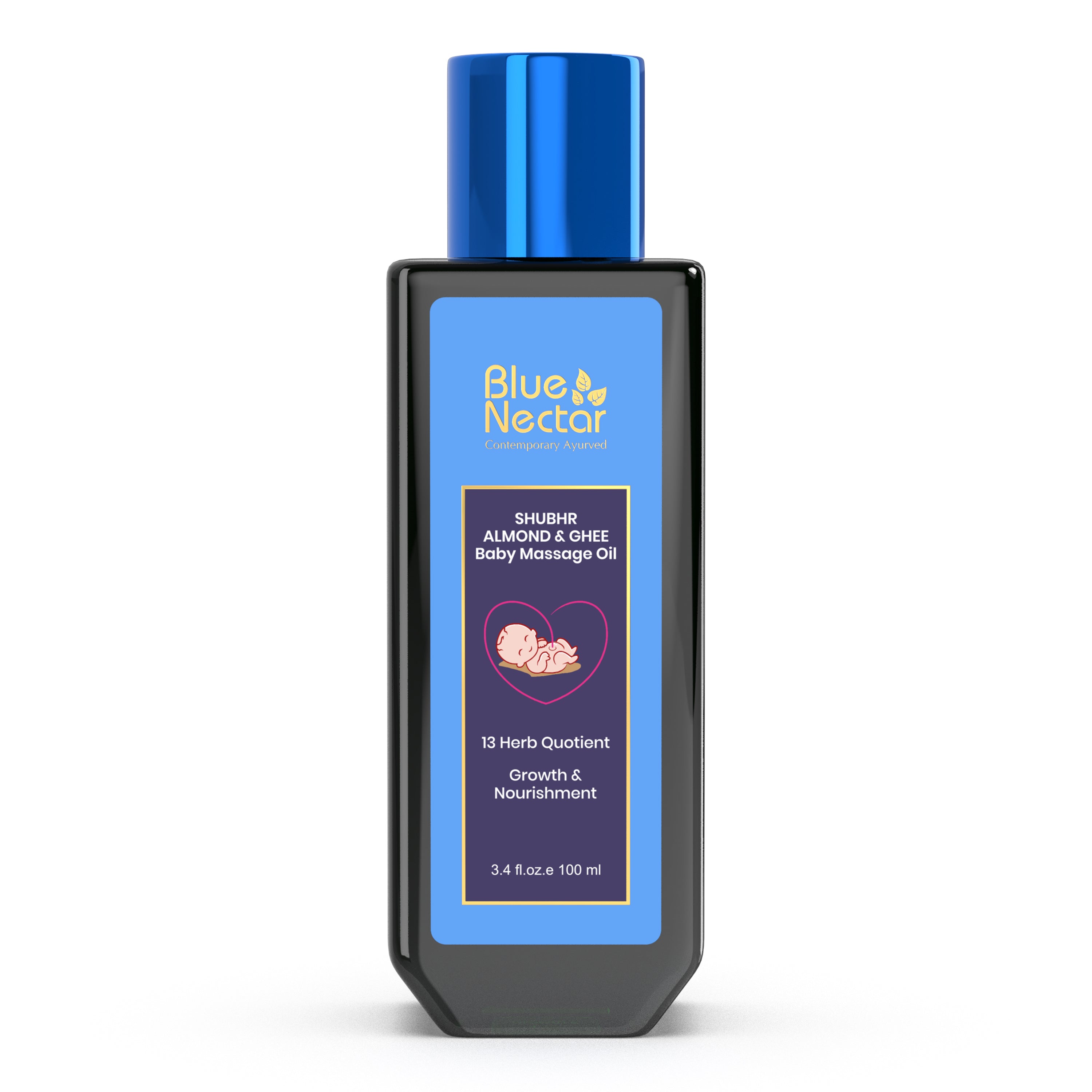


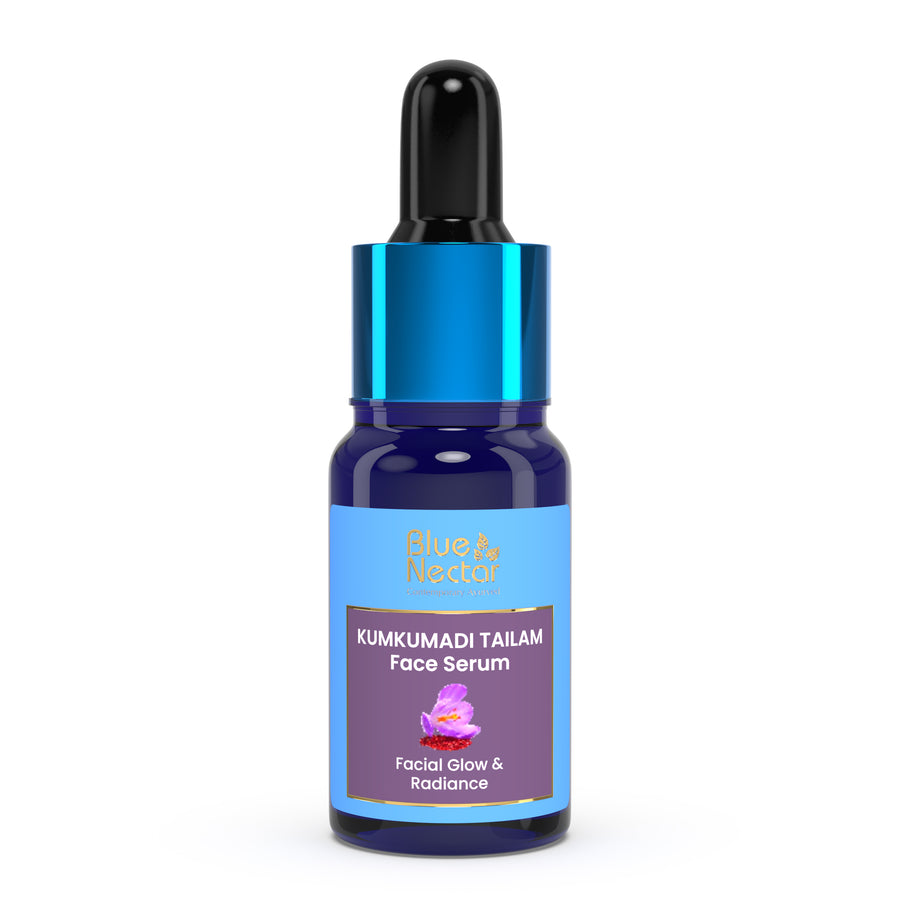
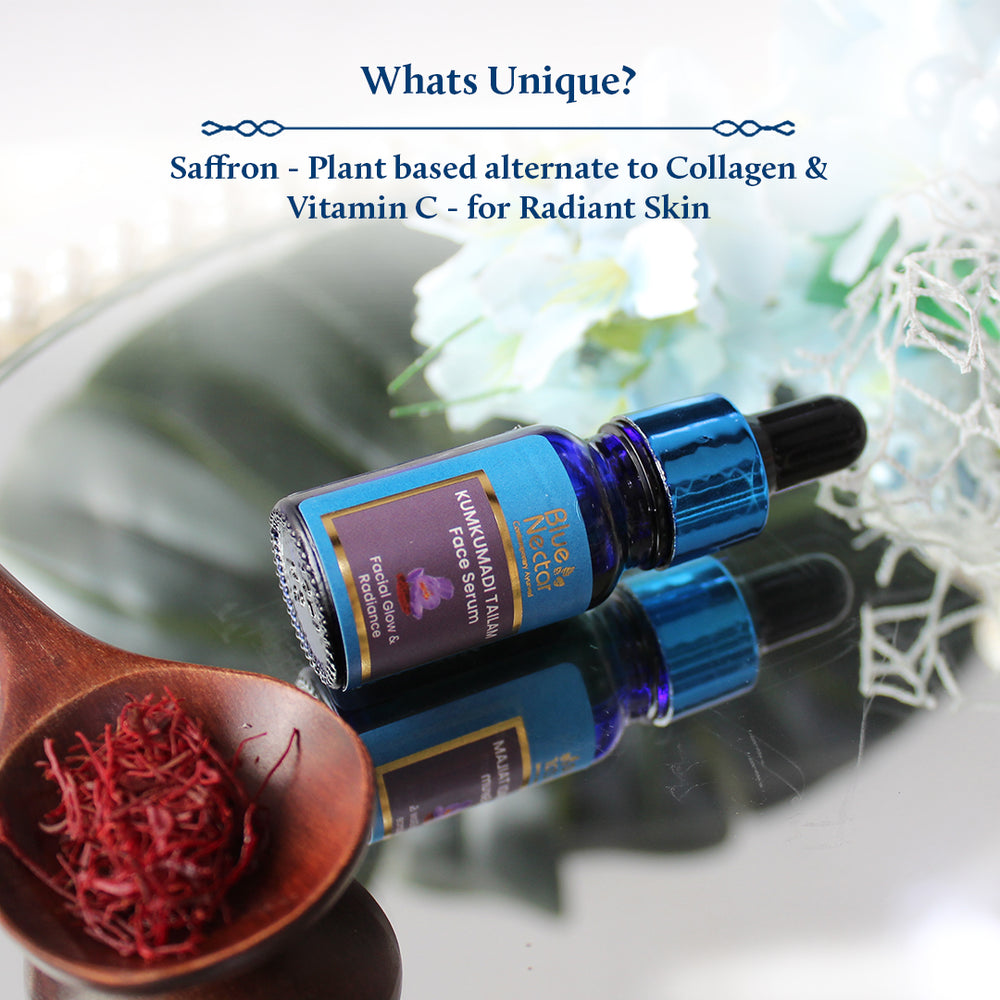
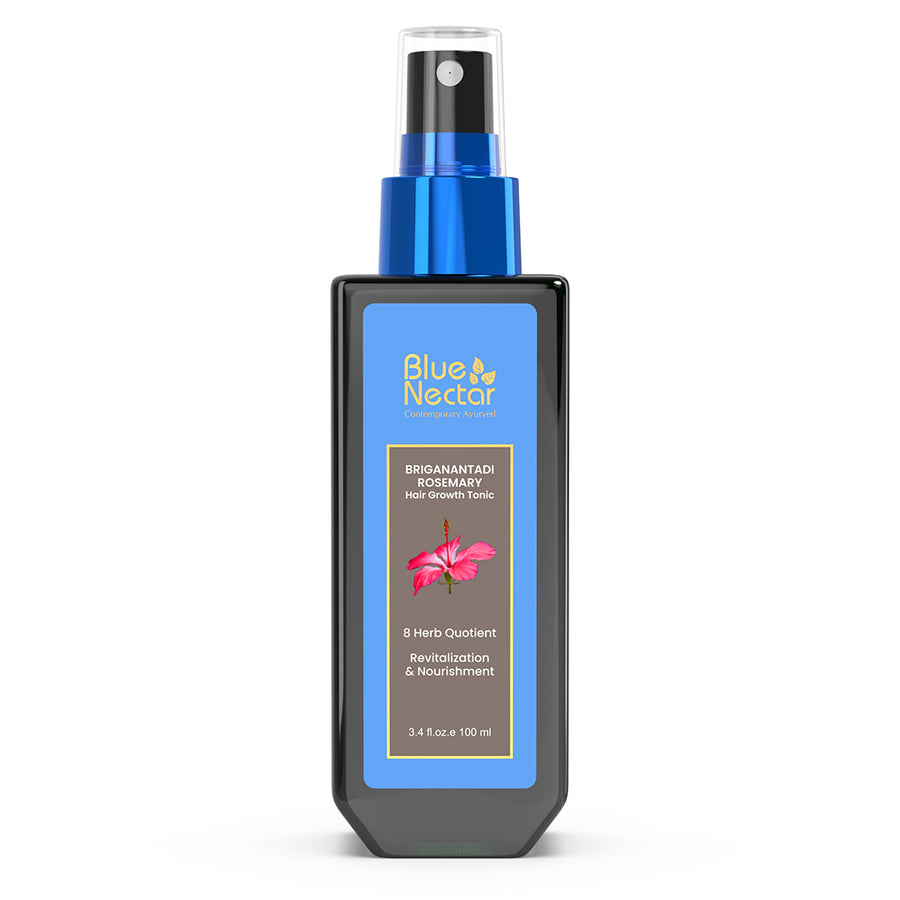
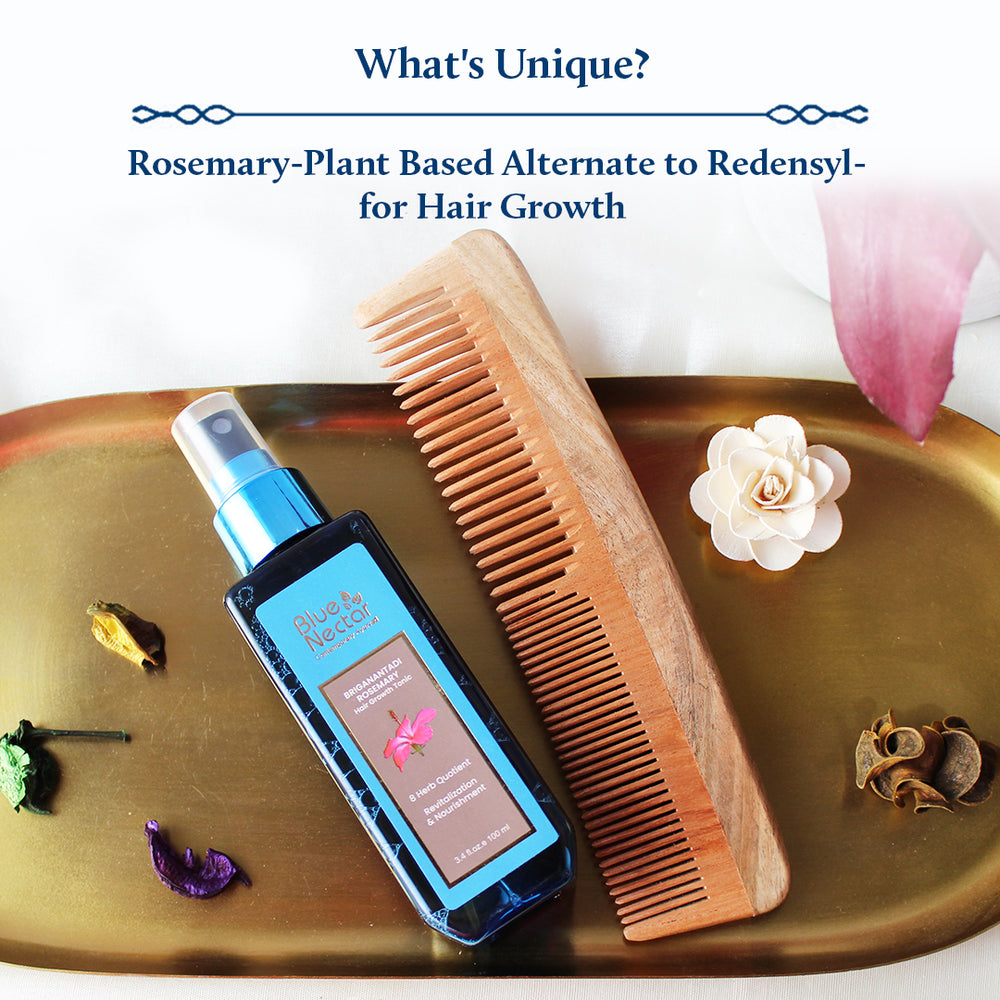

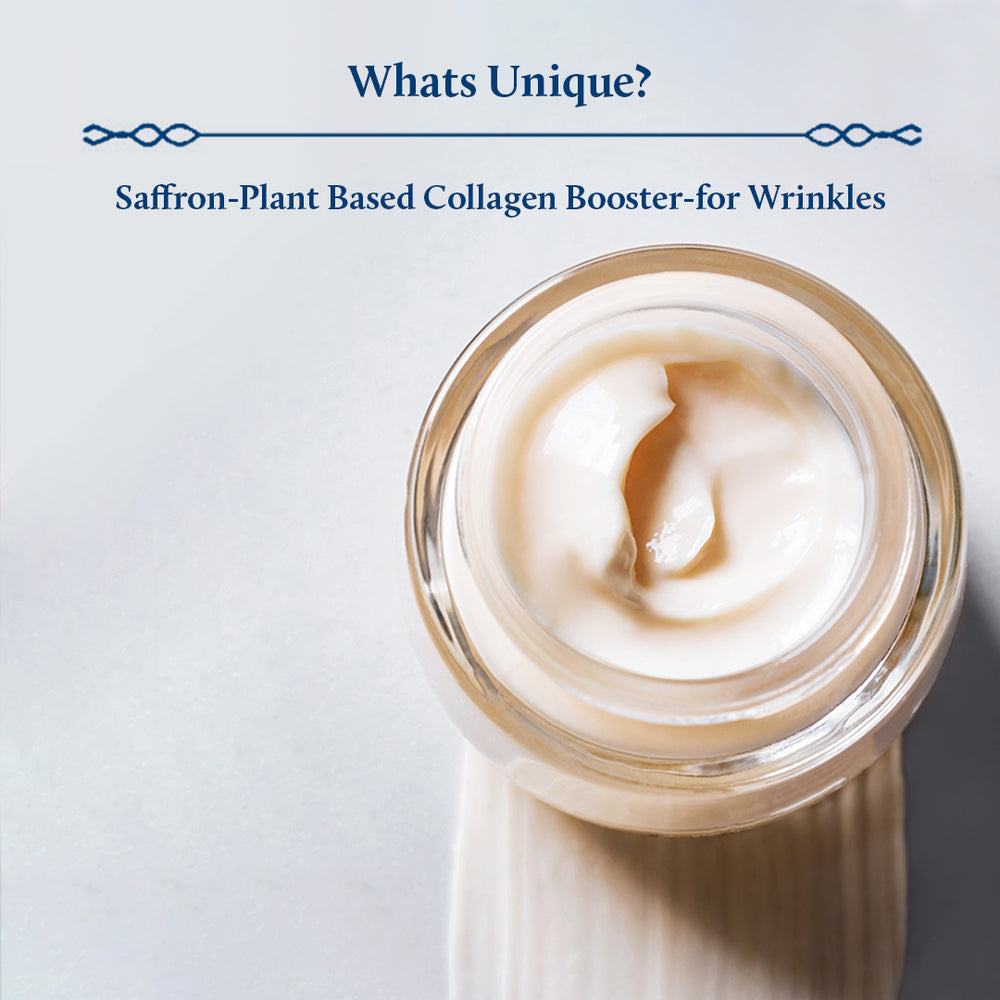
Can you plz suggest some herbal products for acne prone skin. As my skin is very sensitive whenever I use something on it, I get acne.. I have tried many products but nothing worked.. .. Recently m not using any product…
Can you plz suggest some herbal products for acne prone skin. As my skin is very sensitive whenever I use something on it, I get acne.. I have tried many products but nothing worked.. .. Recently m not using any product…
Can you plz suggest some herbal products for acne prone skin. As my skin is very sensitive whenever I use something on it, I get acne.. I have tried many products but nothing worked.. .. Recently m not using any product…
Can you plz suggest some herbal products for acne prone skin. As my skin is very sensitive whenever I use something on it, I get acne.. I have tried many products but nothing worked.. .. Recently m not using any product…
Can you plz suggest some herbal products for acne prone skin. As my skin is very sensitive whenever I use something on it, I get acne.. I have tried many products but nothing worked.. .. Recently m not using any product…
Leave a comment